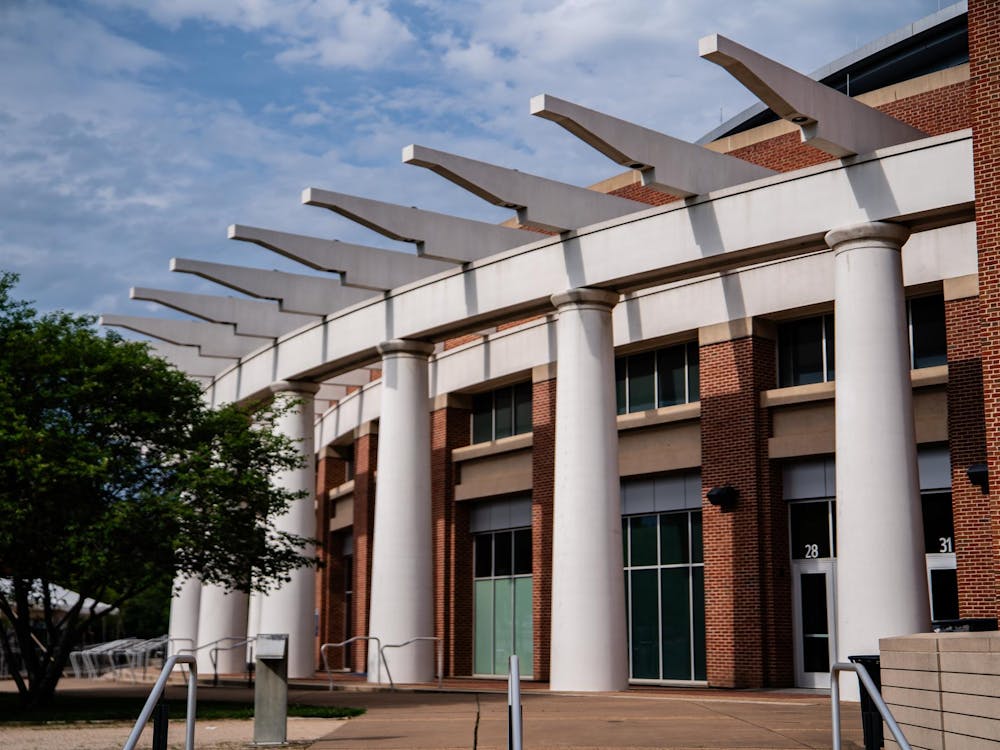The controversy over whether President George W. Bush broke the law by authorizing warrantless surveillance on communications between American citizens and individuals with suspected ties to terrorism continues this week with Sen. Arlen Specter, R- Pennsylvania, preparing to chair the Senate Judiciary Committee hearings on the issue in coming weeks.
University experts provided preliminary opinions on this issue, addressing the constitutionality, legality and political implications of Bush's actions.
Tim Naftali, director of the Presidential Recordings Program at the University's Miller Center of Public Affairs, said Bush's actions violated the Constitution's Fourth Amendment, which he said was intended to protect American citizens from invasions of privacy by the U.S. government, and the Foreign Intelligence Surveillance Act, which makes unauthorized wiretapping illegal.
Conversely, Robert Turner, associate dean of the Center for National Security Law at the University Law School, said Article Two of the Constitution allows the president as Commander-in-Chief to take all necessary measures to protect the country, including intelligence measures, without the explicit consent of Congress, when the nation is in a state of war. Turner said if the Americans who were the subjects of surveillance were in fact communicating with individuals linked to terrorism, and with currently no evidence to the contrary, the surveillance of American citizens was not an unnecessary invasion of privacy.
The president has a constitutional obligation to make the security of the country his top priority during wartime, Turner said.
Additionally, Turner said, because the president has the right to conduct intelligence during wartime under Article Two of the Constitution, a statute such as the FISA, which is subordinate to the Constitution, cannot restrict his actions.
According to Naftali, the president taking any action he wants during wartime without the consent of Congress, which Bush did when he authorized the secret surveillance, is an instance of executive overreach, which may serve to undermine the integrity of the Constitution and the war on terror.
"How long can we have a program like this before it has negative constitutional effects?" Naftali said.
Additionally, the legitimacy of the measures taken to combat terrorism, such as the openly debated Patriot Act, is called into question when secret measures such as this surveillance program are brought to light, Naftali said.
What is needed, Naftali said, are sustainable legal measures that are open to debate rather than secretive, to properly ensure the safety of the country.
Naftali said the issue is essentially a constitutional one. If it goes before the Supreme Court, Naftali said he hopes the justices will determine Bush's actions to be an instance of executive overreach.
Turner also said the issue is essentially based upon the Constitution. But because there are numerous historical instances of presidents' use of exclusive power over intelligence issues and because there are precedents in lower courts that seem to support Bush's actions, the Supreme Court will not find Bush's actions unconstitutional.
"Right now, the existing court authority is in favor of the president's power," Turner said.
Politics plays a big role in the din surrounding the surveillance debate, Politics Prof. Larry Sabato said. Because it is an election year, the Democrats are making the surveillance scandal a "mini campaign theme," and the Republicans are calling into question the commitment of the Democrats to tough action against terrorism, Sabato said.
"The controversy will intensify as the November elections approach, and as both sides use this controversy to their own advantage," Sabato said. "In other words, it's business as usual."
Turner said it is important that the war on terrorism is a bipartisan effort, and that some of the uproar surrounding the warrantless surveillance issue is a result of partisan politics.






